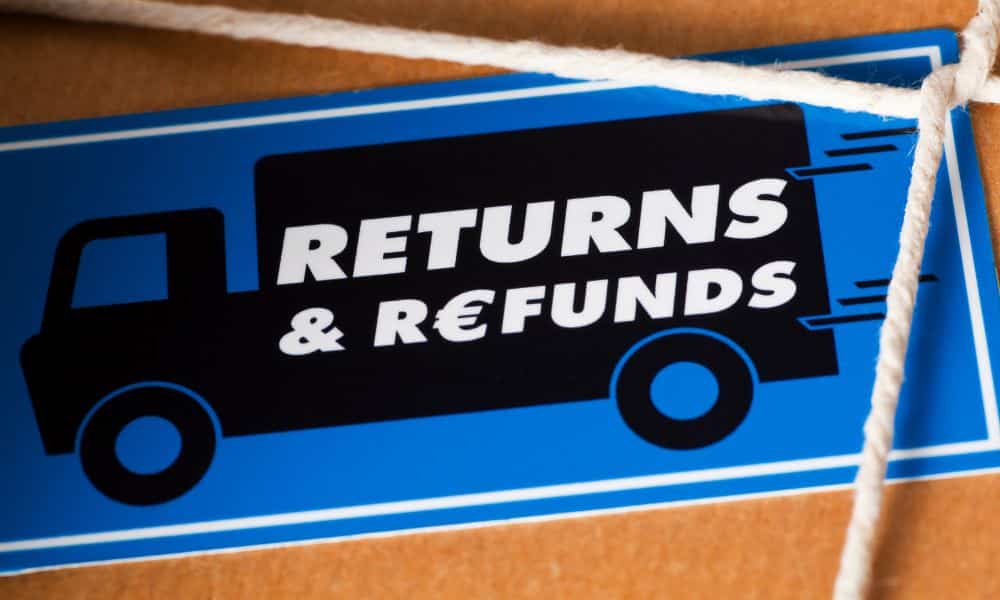The Ultimate Guide to Dropshipping Inventory Management: Streamlining Your E-commerce Success

Want to know about dropshipping inventory management? Read the article to know everything about it.
In the fast-paced world of e-commerce, dropshipping has emerged as a popular business model. One key aspect of running a successful dropshipping business is effective inventory management. This comprehensive guide will delve into the intricacies of dropshipping inventory management, its importance, strategies for success, and address common questions and concerns.
Understanding Dropshipping Inventory Management
Dropshipping is a business model where retailers don’t hold physical inventory but instead partner with suppliers who directly ship products to customers. Effective inventory management is essential in drop shipping to ensure smooth operations and customer satisfaction.
Key Components of Dropshipping Inventory Management
Supplier Management
Building strong relationships with reliable suppliers is crucial. Effective communication and monitoring supplier performance are vital for timely order fulfillment.
Also Read: Inventory Management System Requirements
Product Sourcing and Selection
Researching profitable niches, evaluating suppliers for quality and reliability, and selecting in-demand products are key aspects of dropshipping inventory management.
Inventory Tracking and Order Fulfillment
Implementing robust inventory tracking systems allows retailers to monitor stock levels accurately. Timely and accurate order processing ensures customer satisfaction.
Best Practices for Dropshipping Inventory Management
Accurate Demand Forecasting

Analyzing historical sales data and leveraging market trends and seasonality help predict customer demand. This enables retailers to optimize inventory levels and prevent stockouts or excess inventory.
Optimizing Product Listings and Descriptions
Crafting compelling product titles and descriptions with high-quality images enhances customer engagement and drives sales.
Real-Time Inventory Monitoring
Utilizing inventory management software provides real-time visibility into stock levels, allowing retailers to make informed decisions and avoid stockouts.
Also Read: Small Jewelry Business Inventory Management
Streamlining Order Management

Automating order processing, tracking, and integrating systems for seamless operations improves efficiency and reduces manual errors.
Addressing Inventory Challenges in Dropshipping
Stockouts and Backorders
Proper inventory management, setting safety stock levels, and managing lead times help prevent stockouts and backorders. Regular communication with suppliers is essential for timely replenishment.
Supplier Reliability and Product Quality
Assessing supplier performance and reliability, conducting quality checks, and maintaining open communication ensures consistent product quality and reliable partnerships.
Returns and Refunds

Establishing clear return policies, streamlined returns processing, and working closely with suppliers to handle returns and refunds efficiently enhance customer satisfaction.
Also Read: Convenience Store Inventory Management
The Role of Technology in Dropshipping Inventory Management
Inventory Management Software
Inventory management software streamlines inventory tracking, order processing, and provides real-time insights into stock levels and performance.
Order Tracking and Automation Tools
Automation tools help track orders, generate shipping notifications, and streamline order routing, ensuring efficient order fulfillment.

Maximize Your Online Business Potential for just ₹79/month on Lio. Annual plans start at just ₹799.
How Lio can Help You?
To make your dreams come true of having a business of your own and managing it nicely, Lio App can help you big time. The app lets you keep all sorts of data together in a more organized manner. You can keep records, and create tables and lists while working solo or with a team.
The many features of Lio would help you with your retail business as you would be able to maintain all data on a track that you can use at any time. If you want to upload a document, then you can do that. Know the money transactions, cash inflow, profit and loss you are making, Udhaar, list of products, services, and even the teammates and clients that you have all in one place.
Your retail business ideas will certainly become successful businesses if you go on this journey of managing your business with Lio.
Step 1: Select the Language you want to work on. Lio on Android

Step 2: Create your account using your Phone Number or Email Id.

Verify the OTP and you are good to go.
Step 3: Select a template in which you want to add your data.

Add your Data with our Free Cloud Storage.
Step 4: All Done? Share and Collaborate with your contacts.

Conclusion
Effective dropshipping inventory management is crucial for maintaining a successful and profitable business. By implementing the strategies and best practices outlined in this guide, dropshippers can optimize their operations, enhance customer satisfaction, and achieve long-term growth in the highly competitive e-commerce landscape.
Frequently Asked Questions (FAQs)
How can I find reliable suppliers for my dropshipping business?
Research supplier directories, attend trade shows, and use online platforms to find and evaluate potential suppliers. Read reviews, ask for samples, and communicate directly to assess their reliability.
How do I handle returns and refunds in dropshipping?
Establish clear return policies, communicate them to customers, and have a streamlined process in place for returns and refunds. Work closely with your suppliers to ensure smooth returns handling.
Can I use inventory management software for dropshipping?
Yes, inventory management software can greatly benefit dropshippers by automating order processing, inventory tracking, and providing real-time insights into stock levels and performance.
How can I prevent stockouts and backorders in dropshipping?
Accurate demand forecasting, setting safety stock levels, and monitoring inventory levels closely can help prevent stockouts and backorders. Establish good communication with suppliers and maintain realistic lead times.







